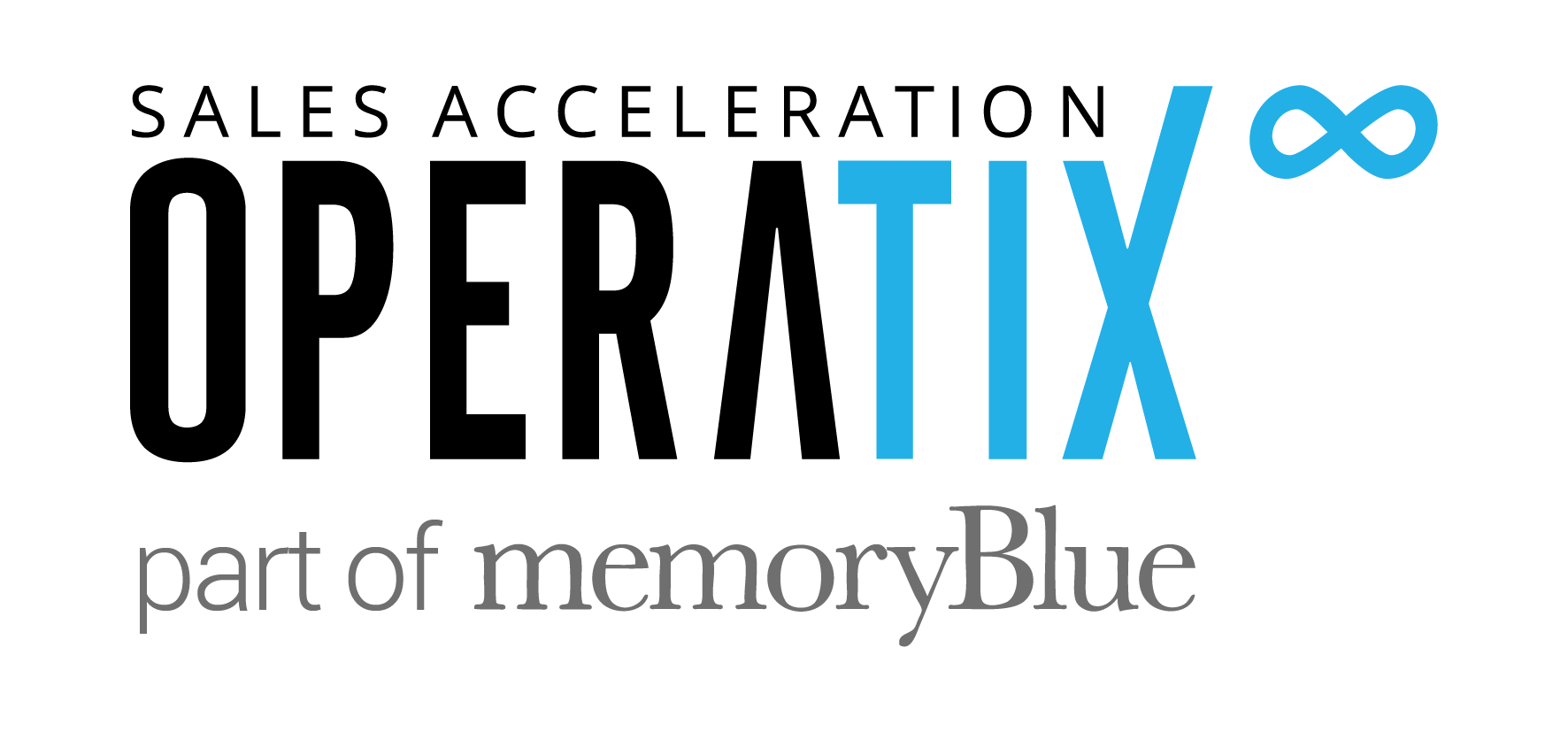Hiring the right people can make or break your organization.
But hiring on technical skills alone is an outdated way of thinking.
Ludi Martin is an EMEA Talent Acquisition Consultant at Cyber Business Resource, and her job is to deliver industry experienced talent. She comes from seven years experience in talent acquisition working with major security vendors and system integrators.
In this episode of B2B Revenue Acceleration, we speak with Ludi about getting in the right hiring mindset, coachable employees, and how she combines her expertise and experience to bring people to teams with the right cultural fit.
The Right Mindset
Companies can have a tough time finding ideal candidates who have the exact technical skills desired for a job. Particularly in the IT security space that Ludi works in, there is a shortage of skills. Everyone is fishing in same pond, so to speak.
As a result, hiring solely on experience has become short sighted and is not scalable. If you are waiting around to hire somebody with the perfect set of technical skills, there’s not going to be enough people to hire in order to meet your growth objectives.
However, the company’s mindsets are shifting; hiring managers need to be more interested in candidates with soft skills and a desire to learn. Hiring someone based on their character, attributes, and hunger is more conducive to success in the long term than hiring someone based on their skill set.
Technical skills can be taught, but soft skills are much harder to teach. It’s much easier to determine someone’s willingness to join your organization, and work backwards from there. You can easily cross off people who aren’t a fit culturally, but crossing someone off because they don’t have the exact technical skill you’re looking for doesn’t make sense.
This process is a two way street, and you must demonstrate to candidates what is in it for them in this new potential role. You need to say, “If you were to join, this is how we coach and elevate people.” You must demonstrate and articulate your value proposition, build their progression, and be heavily involved in talent management.


The monetary incentive is very important. But candidates these days want a little bit more than that. They want to see a future. We’re talking about careers, not jobs anymore.
Ludi Martin
Coachability
Beyond looking at someone’s past track record and evidence of success, Ludi believes that determining how someone learns and whether or not they are coachable is crucial. Does your candidate have a sponge or a stone between their ears? Are they willing to absorb your feedback or are they stubborn?


You don’t really learn how to be hungry for something, to be driven. Skills, in my view, can always be improved, but that appetite to learn and progress is paramount.
Ludi Martin
Candidates who are coachable want to know what you think. They have an appetite to learn and improve themselves. They articulate what they want to achieve.
When Operatix is assessing coachability for certain positions, we often have the candidate role play. We ask them how they think they performed during the assessment. If it’s someone looking for feedback, we’re on the right track.
For more strategic roles, role play is not practical, so it’s important to assess the coachability throughout the recruitment process. Is this person asking questions? Are they interested? Are they showing a willingness to improve?
Cultural Fit
Take a minute to think about who is doing your hiring and why. Cultural fit often has a tremendous amount to do with who your hiring manager is. You can have a great candidate, but if the hiring manager isn’t a good coach, the new hire can fall through the cracks.


Candidates join an organization based on values and a vision, but also whether they see if those values and visions are being translated and lived through by the person who actually hires them.
Ludi Martin
The hiring process is not a one way conversation, and you can’t expect candidates to know exactly what it’s like to work for you. Tell them what’s great about working for you and how you’ve developed the team.
When you change what hiring managers are looking for (from technical skills to people skills and coachability), the level of conversation goes up. Stop talking about your new position like it’s a shopping list. Take a step back and look at background and accomplishments of the person you’re evaluating; see how they would fit in with the values of your existing team!
You can’t work out cultural fit with only a few questions, you need to dig deep. Who was a great boss they had? Who got the best out of them? You might just find you’re having more fun than by only talking about technical skills.
This post is based on a podcast with Ludi Martin. To hear this episode, and many more like it, you can subscribe to The B2B Revenue Acceleration Podcast.
If you don’t use iTunes, you can listen to every episode here.




